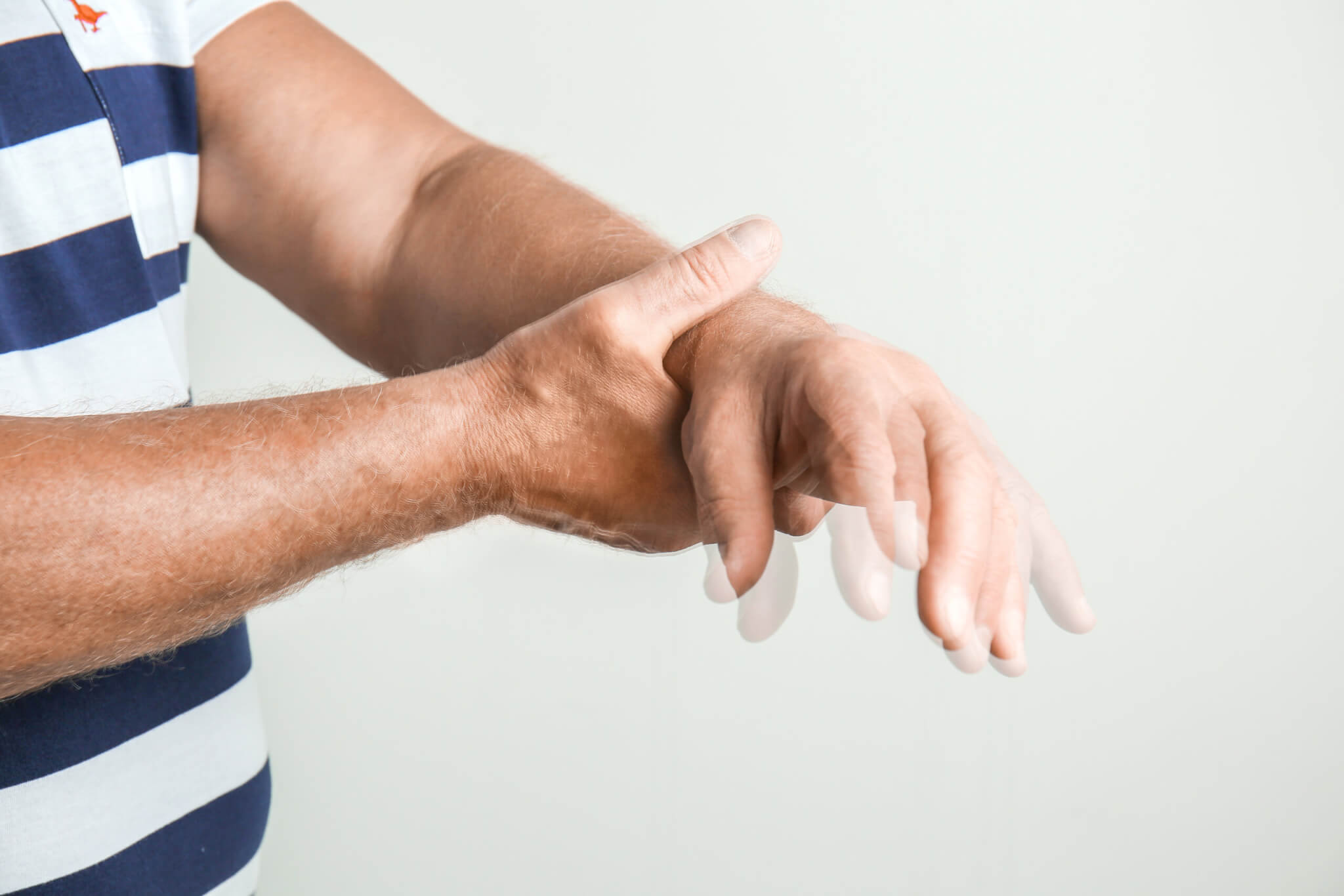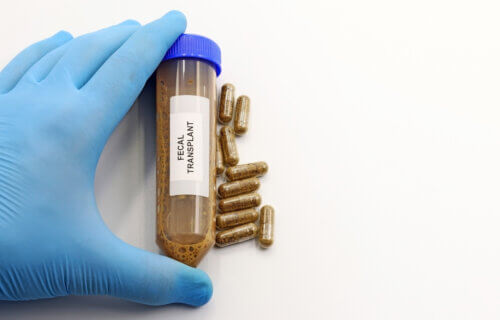GHENT, Belgium — Parkinson’s disease impacts millions around the world. Now, a groundbreaking clinical study led by researchers in Belgium is showing the potential of fecal transplants to improve symptoms in patients with the neurodegenerative disease.
Parkinson’s patients can develop both motoric (muscular movement) and non-motoric symptoms. Typical movement issues tied to the disease include balance problems, stiffness, and the telltale tremors — which are the most well-known symptoms that usually lead to a diagnosis. Non-motoric symptoms encompass things like loss of smell, constipation, and REM sleep disruption, which often start up to 20 years prior to diagnosis.
Since Parkinson’s disease (PD) affects the brain, you may be wondering how the gut and fecal matter relate to these problems. In people with PD, a protein called alpha-synuclein misfolds and clumps together. The clumps can then harm dopamine-producing nerve cells in the brain, leading to classic Parkinson’s symptoms. Current medications that replace dopamine generally come with a host of side-effects and end up becoming less effective over time.
Scientists believe the clumps form within the gut wall during the early stages of PD before reaching the brain cells through the vagus nerve that connects the gut and the brain. Gut bacteria can impact this process. There’s growing evidence suggesting that there’s a link between Parkinson’s disease and the trillions of bacteria that live in our gut. Patients with Parkinson’s often show an altered gut microbiome compared to healthy individuals, as well as greater inflammation and a weaker intestinal barrier.
💡How Does A Fecal Transplant Work?
- Stool from a healthy donor is collected and screened for infectious agents and other pathogens. It is then processed to remove impurities, leaving only the beneficial bacteria and microorganisms.
- The processed stool is introduced into the unhealthy patient’s gastrointestinal tract, usually through a colonoscopy, enema, or oral capsules containing the freeze-dried material.
- The healthy bacteria from the donor stool colonize the patient’s gut, helping to restore the balance of the microbiome. This can alleviate symptoms and treat conditions caused by the disruption of the normal gut flora.

With this in mind, the neurology department at University Hospital Ghent (UZ Gent), led by Professor Patrick Santens, collaborated with Professor Debby Laukens of Ghent University and the team of Professor Roosmarijn Vandenbroucke at the VIB-UGent Center for Inflammation Research. Together, they wanted to examine whether a fecal microbiota transplant (FMT) using healthy gut bacteria from a donor could affect how PD symptoms develop over one year. The study showed that after one year, the treated group significantly improved, dealing with fewer motor symptoms compared to the placebo group.
“Our results are really encouraging!” says Dr. Arnout Bruggeman, a researcher at VIB-UGent-UZ Gent and first author of the study, in a media release. “After twelve months, participants who received the healthy donor stool transplant showed a significant improvement in their motor score, the most important measure for Parkinson’s symptoms.”
The improvement really became noticeable between the sixth and twelfth month after the transplant, so this could show that there’s a potentially long-lasting effect. Moreover, participants had less constipation, a common yet annoying symptom for many with PD. More research is necessary to investigate whether this treatment also slows the overall progression of the disease.
“Our study provides promising hints that FMT can be a valuable new treatment for Parkinson’s disease,” says Professor Roosmarijn Vandenbroucke. “More research is needed, but it offers a potentially safe, effective, and cost-effective way to improve symptoms and quality of life for millions of people with Parkinson’s disease worldwide.”
The findings are published in the journal EClinicalMedicine.

WHY is the US so reluctant to allow these FTs for people….just allowing suffering to go on in Ulcerative COlitis and Crohns’ without allowing people to at least try it. Very frustrating and have no trust in the CDC, FDA, ETC anymore……STrongly reeks of favoring the pharm industry…..can’t let them miss out on the bucks!